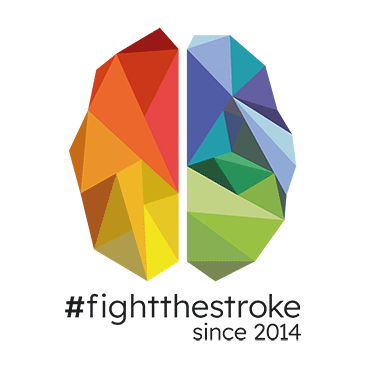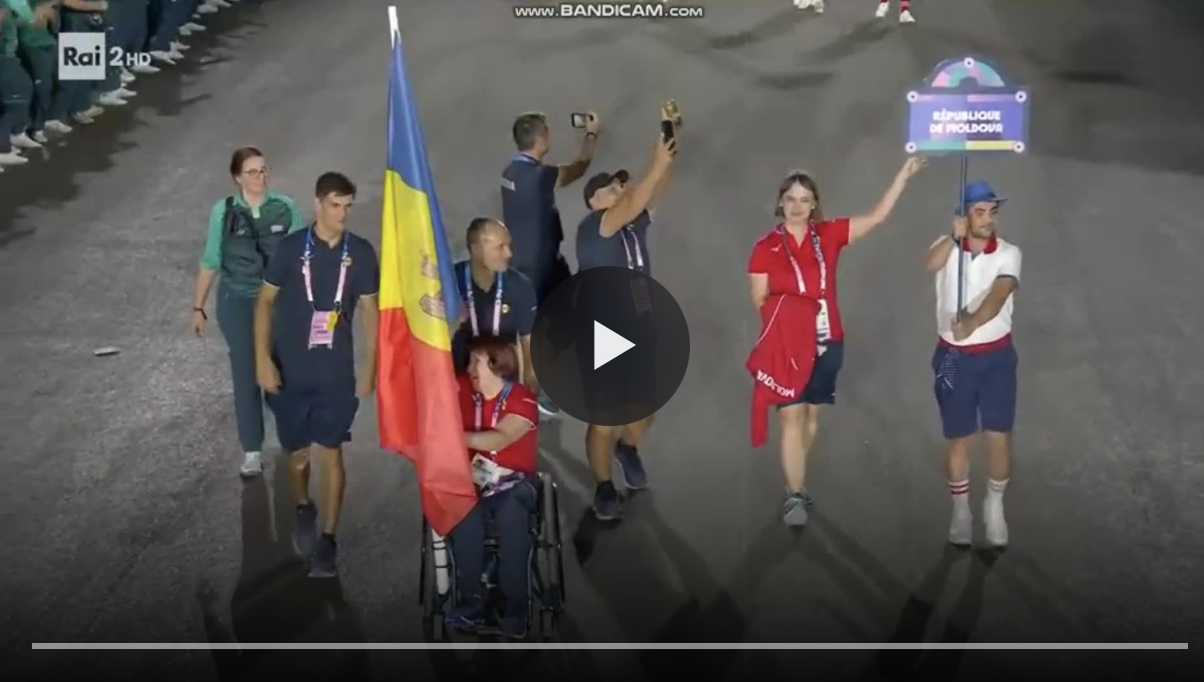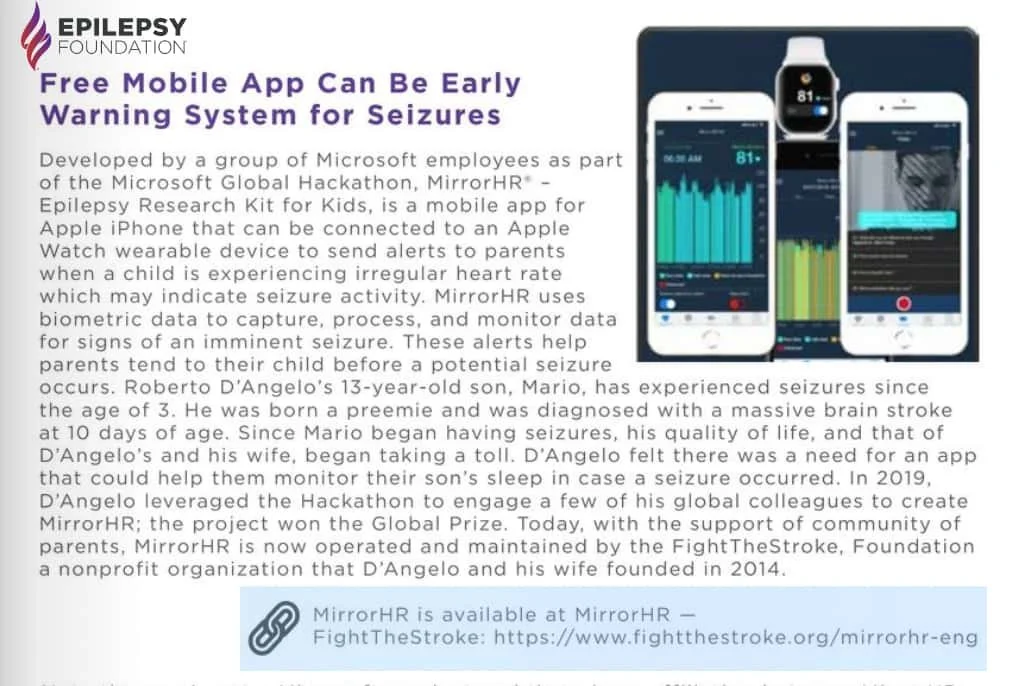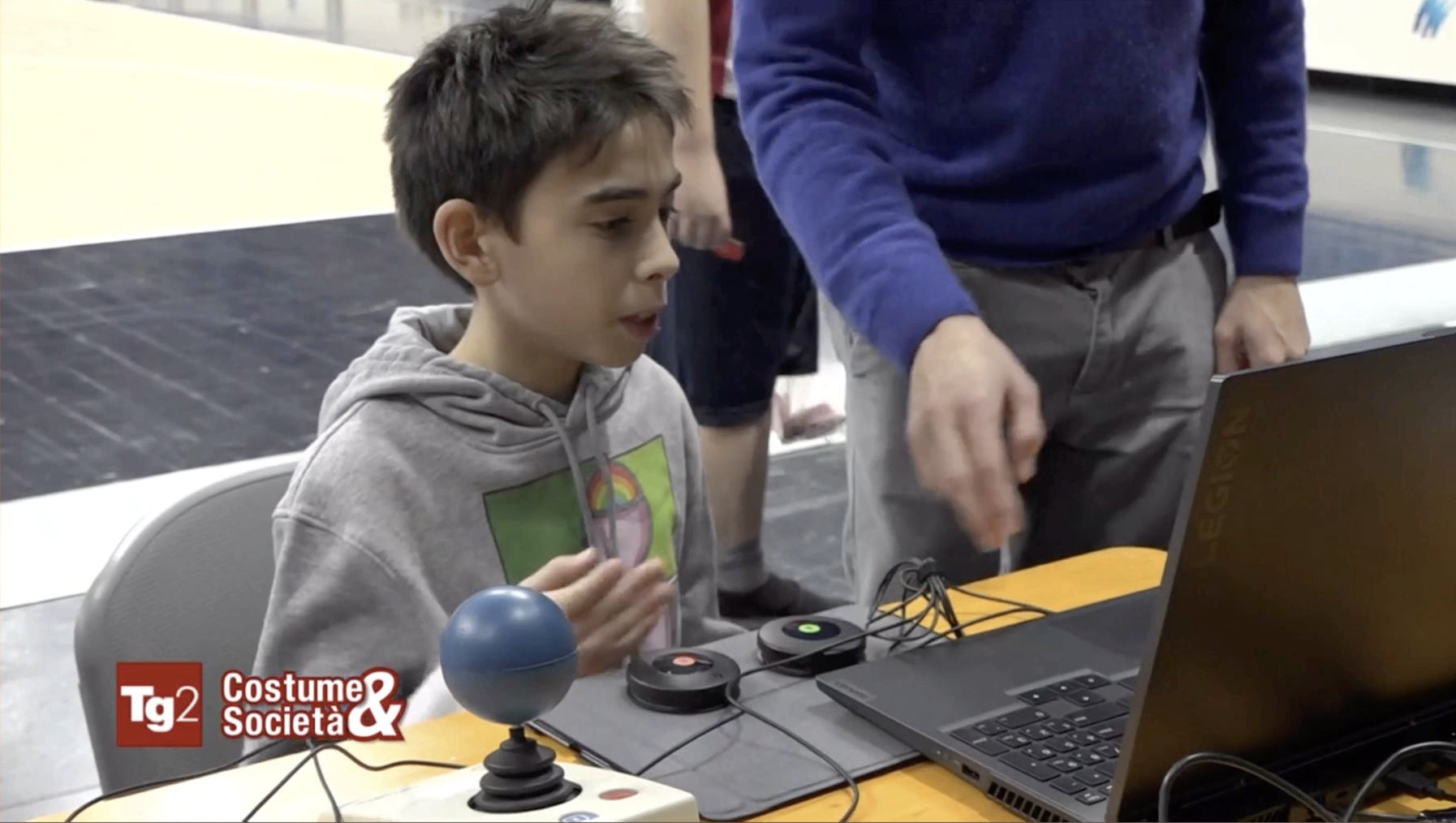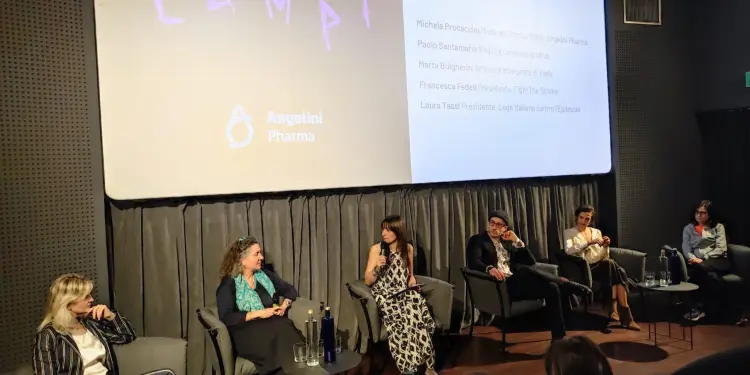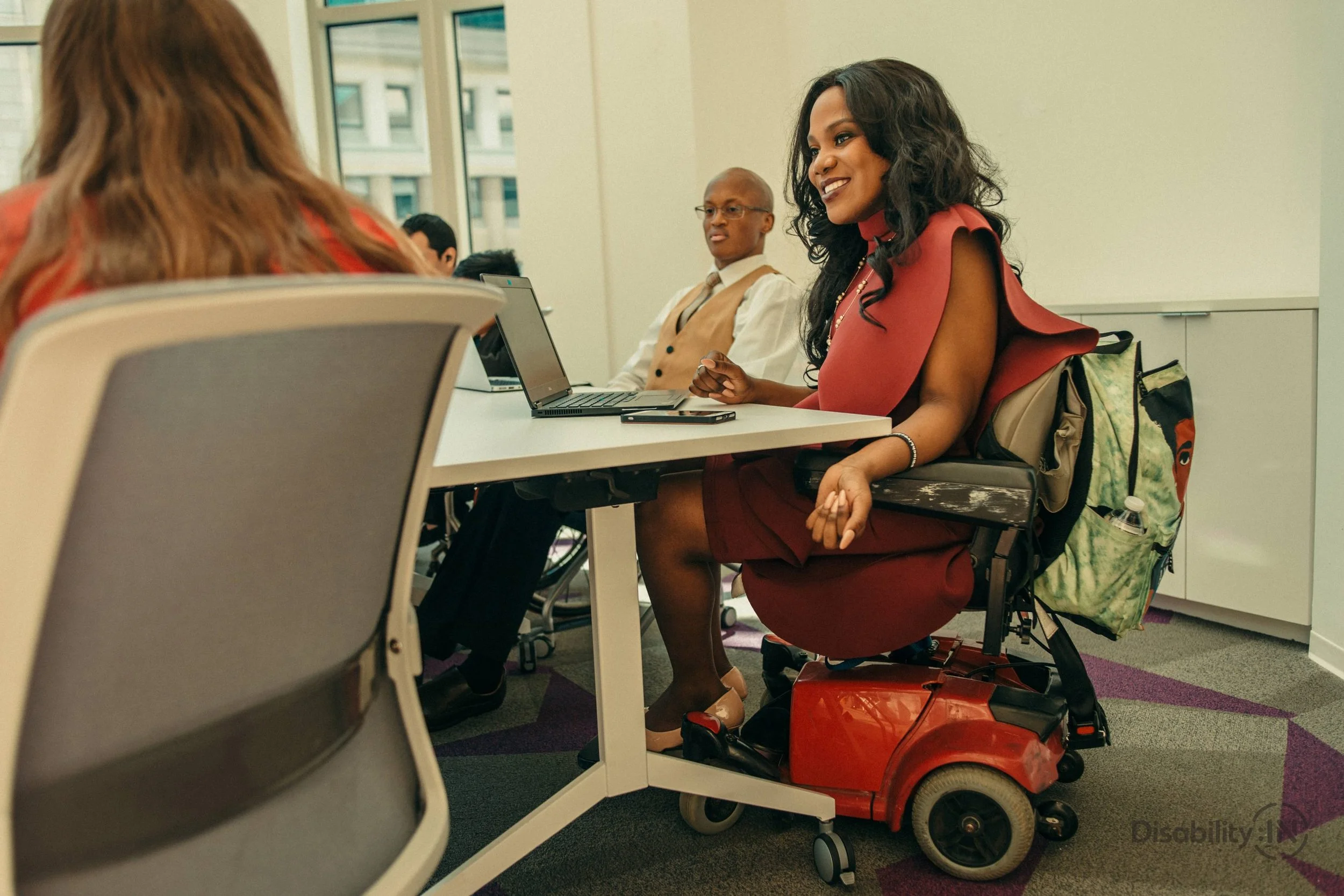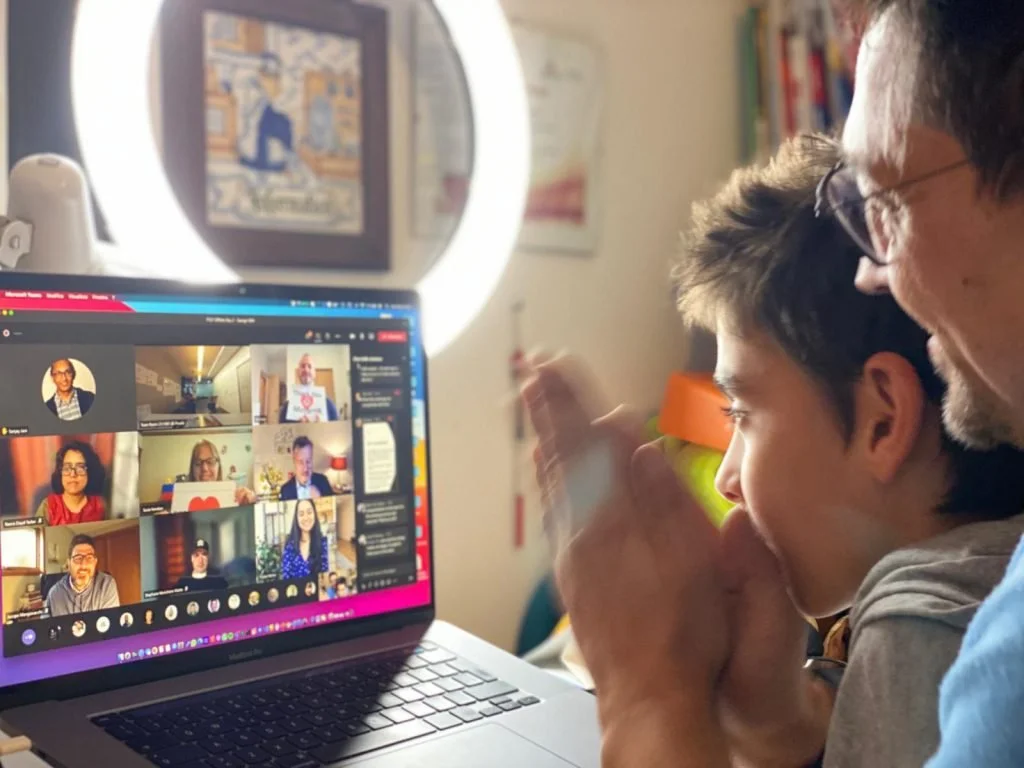Riceviamo molte mail e telefonate di persone che chiedono informazioni su strumenti che possano preavvertire la crisi epilettica.
I genitori vivono con ansia, si pongono continue domande difficili, se il bambino ha una crisi nel sonno, se è solo durante una crisi. La vita familiare si adatta per soddisfare le esigenze del proprio caro, questo può comportare decisioni di vita sfidanti come la modifica o la perdita dell'occupazione, depressione, privazione del sonno e, in alcuni casi, perdita delle relazioni primarie, e divorzio.
In questa nostra newsletter vogliamo parlarvi di uno strumento che aiuta le famiglie a gestire l’epilessia. Vogliamo parlarvi di MirrorHR un sistema di monitoraggio delle crisi creato da Francesca Fedeli e Roberto D’Angelo co-fondatori della Fondazione FightTheStrokehttps://www.fightthestroke.org/fondazione
MirrorHR - Epilepsy Research Kit è un sistema avanzato di monitoraggio delle crisi epilettiche tramite un'app mobile per Apple iPhone, collegata a un dispositivo indossabile, Apple Watch, ideato per offrire ai genitori uno strumento pratico e affidabile nella gestione dell'epilessia nei bambini e di persone che necessitano di supervisione per parametri vitali. Questa soluzione tecnologica è stata sviluppata da Roberto D'Angelo e Francesca Fedeli, co-fondatori della Fondazione non-profit FightTheStroke. La fondazione è stata creata dopo che il loro figlio, Mario, ha subito un ictus perinatale che ha portato a complicazioni neurologiche, inclusa l'epilessia. Lottando con la gestione delle crisi di Mario, i genitori hanno cercato soluzioni per monitorare e gestire repentinamente le crisi, che hanno portato allo sviluppo di MirrorHR durante un hackathon globale di Microsoft nel 2019.
Rappresentazione grafica di MirrorHR in esecuzione su diversi smartphone e un orologio intelligente.
L'applicazione, lanciata nel 2021, è progettata per funzionare con iPhone (iOS 16+) e Apple Watch (WatchOS 8+), consentendo ai caregivers di monitorare il battito cardiaco e altri parametri vitali della persona con epilessia. Gli allarmi vengono impostati dal caregiver, ed attivati quando si verificano anomalie nel battito cardiaco, permettendo interventi tempestivi che possono prevenire complicazioni maggiori. MirrorHR non solo fornisce tranquillità durante la notte ma, attraverso la registrazione dei sintomi e il video-diario, anche dati preziosi che possono essere condivisi con i medici per personalizzare le terapie.
L'applicazione, non essendo un dispositivo medicale ma sfruttando dispositivi ampiamente disponibili sul mercato, è scaricabile gratuitamente da questo link, o direttamente dall'Apple App Store. E' costantemente aggiornato, disponibile in 22 lingue ed è utilizzata al momento in oltre 60 nazioni, da bambini di 6 anni, giovani ed adulti.
L'uso dell'applicazione non solo aiuta nella gestione quotidiana dell'epilessia ma anche nella raccolta di dati che possono essere utili per la ricerca globale. Attraverso l'uso di MirrorHR, le famiglie possono decidere se partecipare attivamente a progetti di ricerca e sviluppo scientifico, contribuendo significativamente all'avanzamento delle conoscenze e migliorare la qualità della vita delle persone con epilessia in tutto il mondo.
Per ulteriori informazione scrivete a info@fightthestroke.org
Associazione Italiana Epilessia - https://www.associazioneepilessia.it
